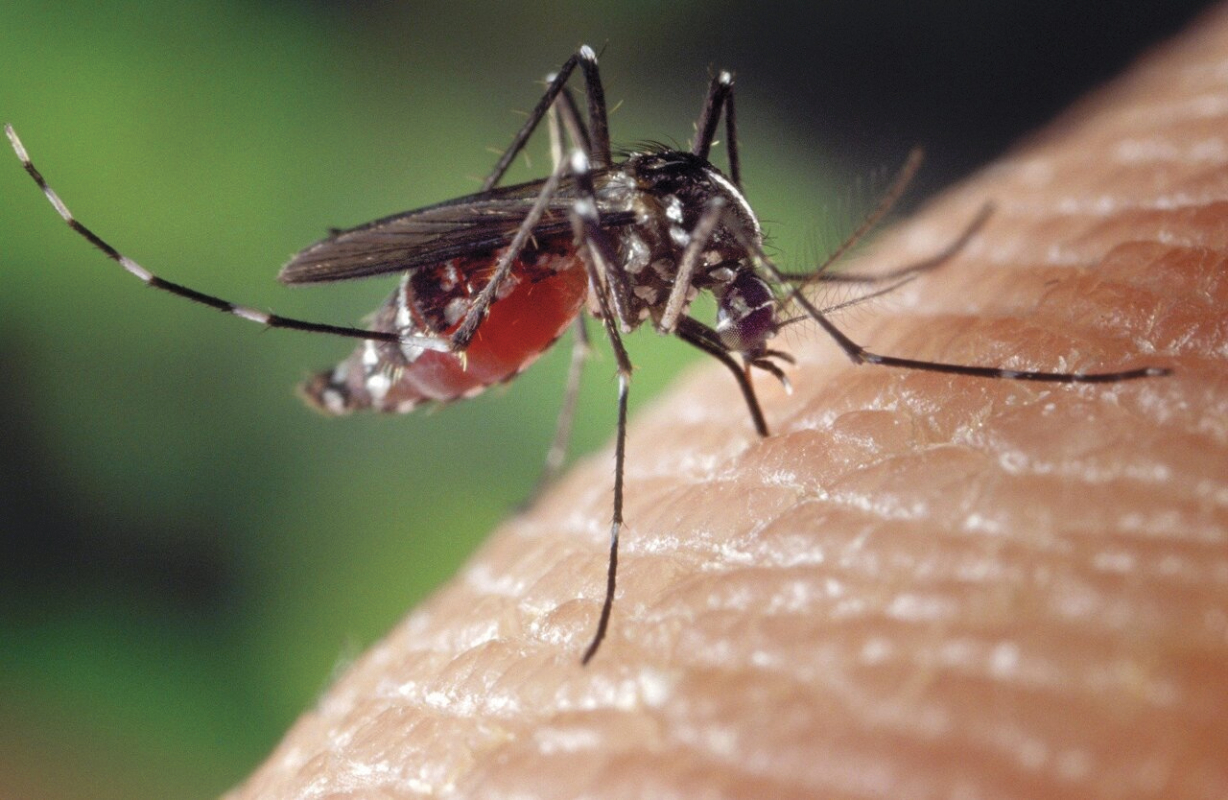What is West Nile Virus: (WNV) is a mosquito-borne illness that has garnered significant attention due to its potential severity. First identified in Uganda’s West Nile region in 1937, this virus has since spread globally, affecting numerous countries, including the United States. In this article, we’ll delve into what West Nile Virus is, discuss the symptoms of West Nile Virus, and explore ways to prevent this potentially serious disease.

What is West Nile Virus?
West Nile Virus is a flavivirus, primarily transmitted to humans through the bites of infected mosquitoes, particularly the Culex species. Birds are the main hosts, with mosquitoes acting as the vectors that spread the virus to other animals and humans. While most people infected with WNV show no symptoms, about 20% develop mild to moderate symptoms, and less than 1% suffer from severe neurological illnesses.
Symptoms of West Nile Virus

Recognizing the symptoms of West Nile Virus is crucial for timely medical intervention. The symptoms can be categorized based on their severity:
Mild Symptoms
Approximately 80% of those infected with West Nile Virus are asymptomatic. However, around 20% may experience mild symptoms such as:
- Fever: Often the first sign of infection.
- Headache: Persistent and sometimes severe.
- Body aches: Including muscle and joint pains.
- Fatigue: Feeling unusually tired.
- Skin rash: Typically occurring on the trunk of the body.
- Swollen lymph glands: Indicating the body’s immune response.
Severe Symptoms
Severe symptoms occur in less than 1% of those infected, leading to serious neurological diseases such as encephalitis (inflammation of the brain) and meningitis (inflammation of the membranes surrounding the brain and spinal cord). These severe symptoms include:
- High fever: Sudden and intense.
- Severe headache: Often debilitating.
- Neck stiffness: A common sign of meningitis.
- Stupor or disorientation: Difficulty in thinking clearly.
- Coma: In extreme cases.
- Tremors and convulsions: Uncontrolled shaking and seizures.
- Muscle weakness: Can be severe and prolonged.
- Partial paralysis: Temporary or permanent.
Diagnosis and Treatment

Diagnosing West Nile Virus typically involves blood tests to detect antibodies or the virus itself. In severe cases, cerebrospinal fluid (CSF) testing may be necessary.
Currently, there is no specific antiviral treatment for WNV. Management focuses on supportive care:
- Pain relief: Using over-the-counter pain medications.
- Hydration: Maintaining fluid levels, especially in febrile patients.
- Hospitalization: For severe cases, especially those involving neurological complications.
Prevention of West Nile Virus

Preventing West Nile Virus largely revolves around reducing exposure to mosquito bites. Here are some effective strategies:
Personal Protection
- Use insect repellent: Apply repellents containing DEET, picaridin, or oil of lemon eucalyptus.
- Wear protective clothing: Long sleeves, pants, and socks help minimize skin exposure.
- Avoid peak mosquito hours: Mosquitoes are most active during dawn and dusk.
Environmental Measures
- Eliminate standing water: Mosquitoes breed in stagnant water, so regularly empty any containers like flower pots, gutters, and bird baths.
- Install window and door screens: Ensure screens are intact to prevent mosquitoes from entering homes.
- Use mosquito nets: Especially in areas where mosquito exposure is high.
Conclusion
Understanding what West Nile Virus is and recognizing the symptoms of West Nile Virus can significantly aid in early detection and prevention. While the majority of cases are mild, the potential for severe neurological complications makes it essential to take preventive measures seriously. By staying informed and proactive, you can reduce your risk of contracting this mosquito-borne illness and ensure a healthier, safer environment for yourself and your community.
By following these guidelines and remaining vigilant, we can collectively minimize the impact of West Nile Virus and protect public health.
Read More: Article from World Health Organization West Nile Virus
Hope you enjoyed this useful and helpful content based on “What is West Nile Virus?”. For more information like this stay connect with us on latestbite.com . Thanks for your precious time.
Also Read This:
- What Is the Importance of Staying Hydrated? Key Benefits for Your Health
- 10 Best Plants for Indoor Air Quality: Boost Your Home’s Health Naturally



